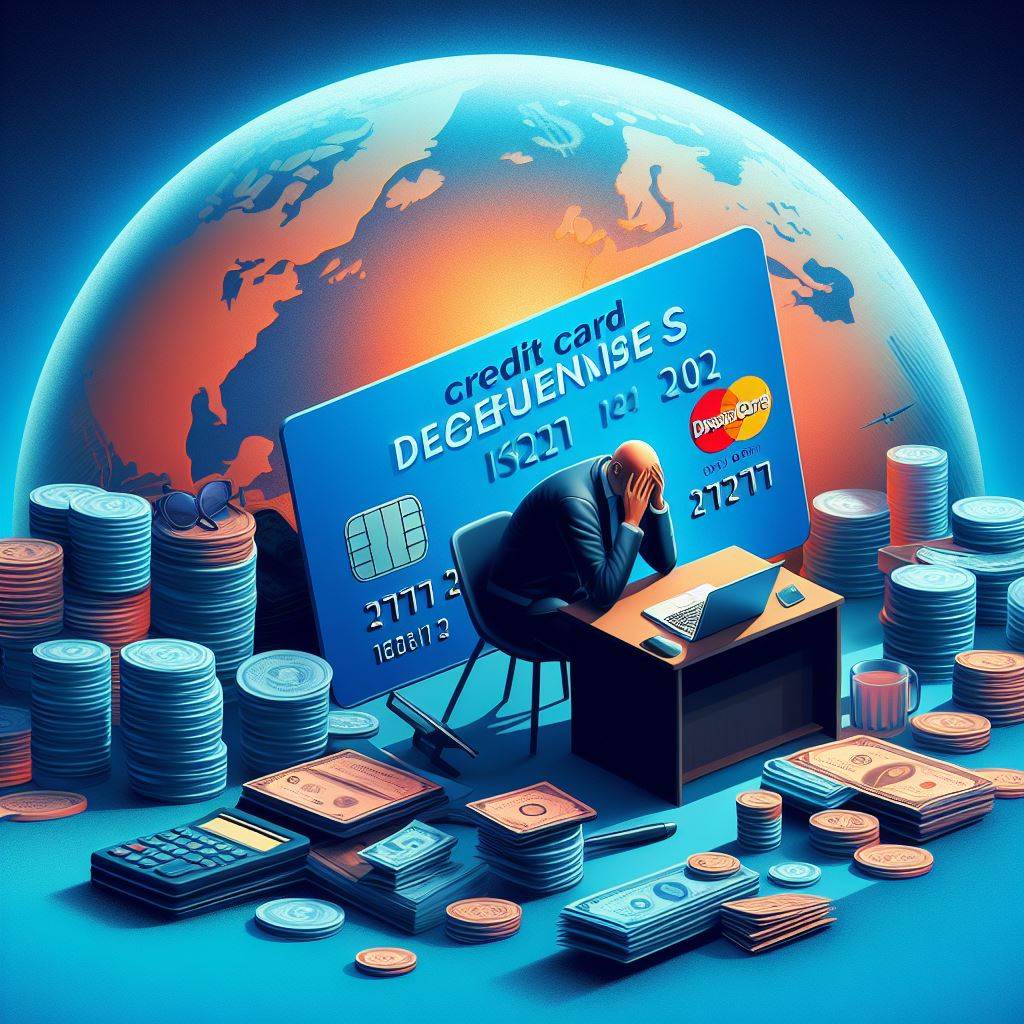
- ORIGINAL NEWS
Credit card delinquencies surged in 2023, indicating ‘financial stress,’ New York Fed says
- SUMMARY
Consumer Debt in the United States soared to $17.5 trillion in 2023, with credit card debt being the major contributor.
Delinquencies in credit card payments spiked by more than 50%, indicating increased financial pressure, particularly for younger and lower-income households.
Credit card debt that transitioned into severe delinquency, defined as 90 days or more past due, significantly increased, reaching 6.4% in the fourth quarter.
This represented a substantial jump from the 4% recorded at the end of 2022.
Other forms of debt, such as mortgages, auto loans, and various categories, also experienced a rise in delinquencies.
Although delinquencies are rising, total debt is rising at a pace comparable to the pre-pandemic era.
However, credit card debt rose by 14.5% compared to 2022, while auto debt increased to $1.61 trillion.
The rise in interest rates resulting from the Federal Reserve’s tightening cycle likely influenced delinquency rates.
The trend of increasing delinquencies is concerning as it occurs during a period of economic growth.
The rapid rise of delinquencies could intensify if the economy slows and unemployment rises, potentially leading to a credit crunch.
Student loan debt saw little change, while mortgage debt grew by 2.8%, and its delinquency rate climbed to 0.82%.
- NEWS SENTIMENT CHECK
- Overall sentiment:
negative
Positive
“With a total of $1.13 trillion in debt, credit card debt that moved into serious delinquency amounted to 6.4% in the fourth quarter, a 59% jump from just over 4% at the end of 2022, the New York Fed reported.”
” Overall, 1.42% of debt was 90 days or more past due, up from just over 1% at the end of 2022.”
Negative
“Credit card delinquencies surged more than 50% in 2023 as total consumer debt swelled to $17.5 trillion, the New York Fed reported Tuesday.”
” Debt that has transitioned into “serious delinquency,” or 90 days or more past due, increased across multiple categories during the year, but none more so than credit cards.”
